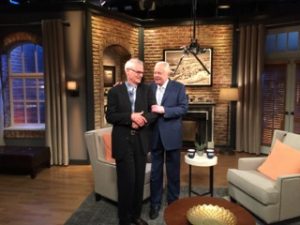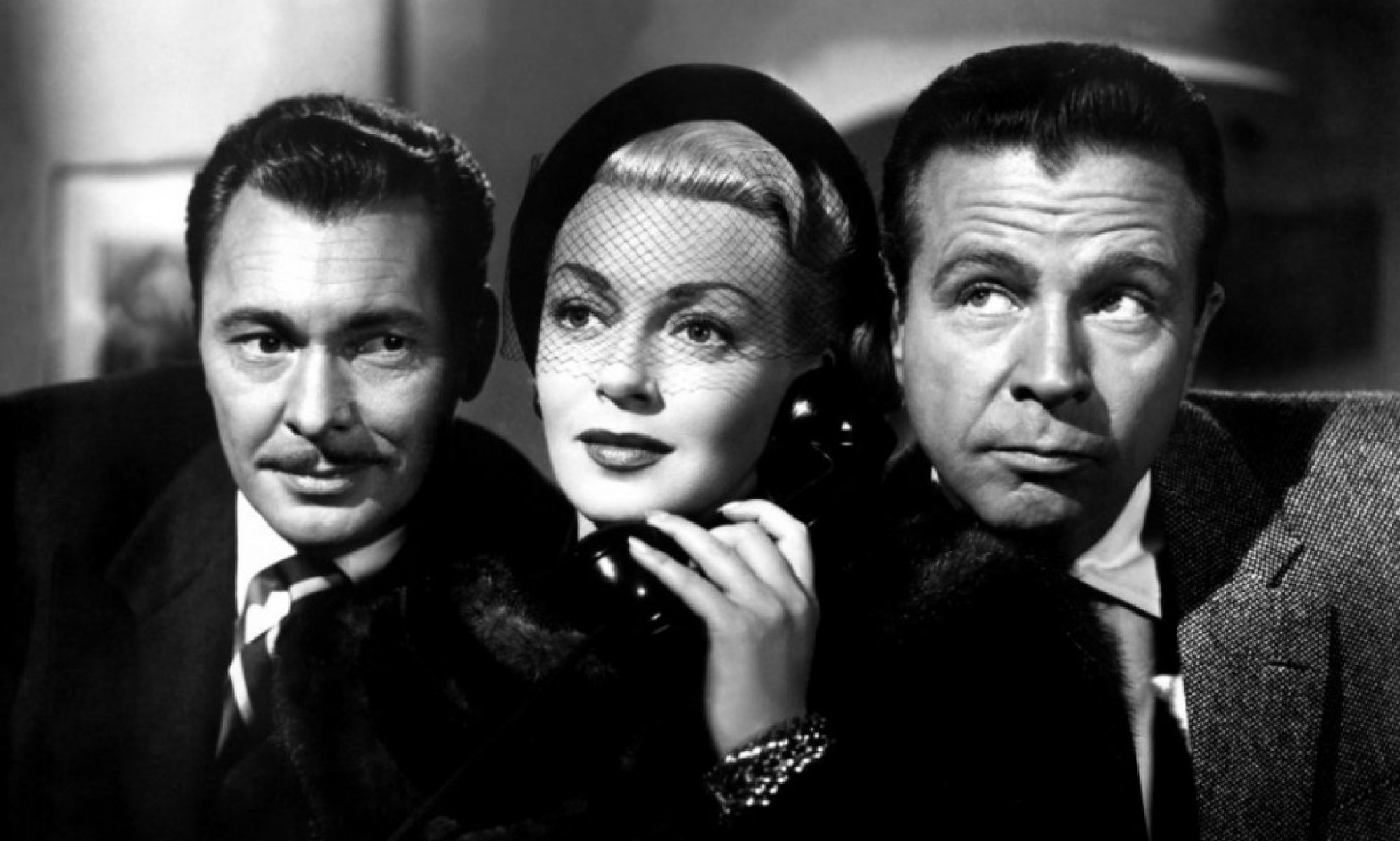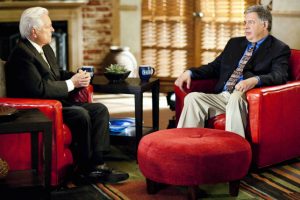
I’m deeply saddened by the death of Robert Osborne, who passed away in his sleep this morning (as his partner of 20 years, David Staller, told the Los Angeles Times). I can’t claim that we close friends, but I knew Robert well enough over a period of years that my life was changed for the better.
Robert was truly one of a kind — deeply knowledgable, unfailingly generous and everything you’d expect from his joyful Turner Classic Movies persona and much more. He was also a quintessential adopted New Yorker — he told me more than once that the smartest thing he’d ever done was to move away from Hollywood (‘’people are so superficial there’’) to the Big Apple, where he was a fixture at Broadway openings for decades. (He kept a pied a terre in Hollywood). For many years, he maintained three apartments at the Osborne Apartments on W. 57th Street (one for his office and one for his immense movie poster collection, which he began selling off in 2014).
I’d interviewed Robert several times on the phone when I was invited to lunch with him and TCM’s vice-president for programmer, Charles Tabesh, in 2009 to talk about TCM’s 15th anniversary. Robert was warm, friendly, and very enthusiastic when I impulsively decided to pitch a film series that my friend Farran Smith Nehme had been developing as a sort of movie-buff fantasy.
It was beyond thrilling when Robert introduced the first night of “Shadows of Russia’’ in January 2010 by saluting Farran and me for coming up a series that would trace Hollywood’s depiction of Russia from before the Revolution through the Cold War. Not long after that, I was invited to tape a couple of segments for another TCM series, “Critics Choice.’’
I had made quite a few TV appearances going back to the 1980s, but was never terribly comfortable in front of the cameras. Robert immediately set me at ease with a few words. My best video work ever was introducing THE LAST FLIGHT (1931) and ALL THROUGH THE NIGHT (1942) with Robert.
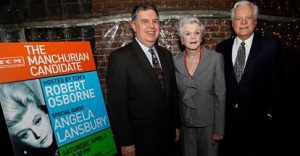
In early 2011, I was invited to a little reception at a restaurant across the street before Robert interviewed Angela Lansbury at a screening of THE MANCHURIAN CANDIDATE at the SVA Theatre in Chelsea. Her eyebrows arched upwards when I made the mistake of noting that Robert’s ex-boss and Lansbury’s bete noir Lucille Ball (think “Mame”) had reportedly been considered for Lansbury’s role in MANCHURIAN CANDIDATE.
“Not seriously!’’ Robert said with a laugh and demonstrated why he was the interviewer of choice for Hollywood’s legends. (Though he cheerfully admitted he couldn’t get much more than a “yes’’ or “no’’ out of Robert Mitchum).
Robert took an obviously unplanned leave — first announced as three months, it lasted eight — not long after that, and Ben Mankiewicz’ hosting duties began to be expanded after Osborne took another leave in 2012. At one of the TCM Classic Film Festivals, I was interviewed by Robert in the lobby of the historic Hollywood Roosevelt Hotel about THE IRON PETTICOAT, a long-unavailable comedy with Bob Hope and Katharine Hepburn that I helped TCM clear the TV and video rights to.
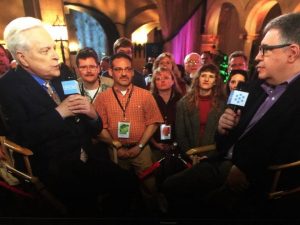
When TCM threw a 20th-anniversary celebration for Robertat the 2014 TCM Classic Film Festival (which turned out to be his last), it was pretty obvious that Robert’s
deteriorating health made it debatable if there would be a 25th. The last time I saw him was at a Manhattan taping in May 2015. He greeted me warmly, but was too tired for a scheduled interview afterwards. Robert’s final TV appearance seems to have been an interview with Mo Rocco of “CBS Sunday Morning’’ that aired the day before the 2016 Oscars (fittingly enough for the man who wrote the academy’s official history of the ceremonies).
Robert had a strict sense of ethics — he was very proud of the fact that while had known about Rock Hudson’s AIDS well before it became public, he had not informed his bosses at the Hollywood Report, where he wrote a column for a quarter-century. He also strictly kept gossip out of his TCM introductions, but let me tell you the man knew everything about everybody (he told me that Ida Lupino’s directing career declined much less because of sexism than her drinking problem).
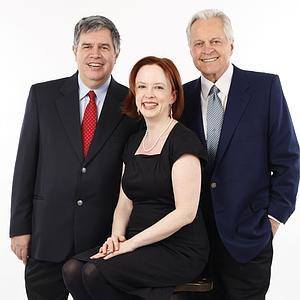
One of Robert’s big dreams was getting his close friend Olivia DeHavilland to appear at the 2014 festival for the 75th anniversary of “Gone With the Wind.’’ He described a frustrating attempt to tape a segment with her in Paris that fell apart because of health issues, but was still hopeful. It didn’t happen, but even after he could no longer appear on air, Robert wrote in TCM’s program guide that as she approached 100 last year, she had set the goal of living to 115.
Robert was a gentleman and a fantastic interviewer who brought joy into many lives — including my Aunt Rose. She unfailingly watched Robert introduce four different movies every single night of the week, and that continued when I joined her in the vigil Aunt Rose kept by the beside of her dying daughter at a Manhattan hospice.
But Robert’s audience was much bigger than the Aunt Roses of the world, who did not turn TCM into the beloved brand that it has become. Robert’s greatest and most enduring accomplishment was turning untold viewers in their 30s, 20s and younger on to the classic films he loved so much. As the man most identified with a single network since Walter Cronkite, Robert Osborne insured that the flame of classic Hollywood will burn brightly for generations to come.
